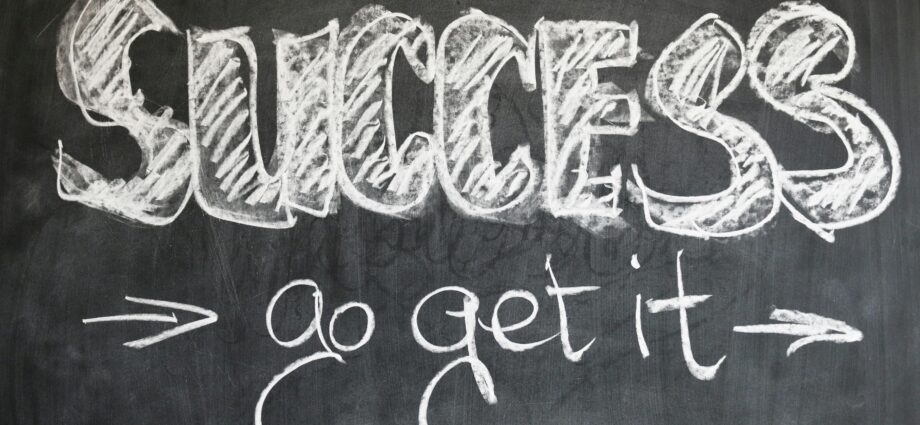In our last exploration of the human jungle, we delved into the ways we often become our own worst enemies, allowing fear and self-doubt to hold us back. Today, let’s venture deeper into this lush mental landscape and examine a concept that might seem counterintuitive at first: the idea that our failures, rather than our successes, are the true catalysts for growth and achievement.
Failure. The word itself often evokes a visceral reaction – a knot in the stomach, a flush of embarrassment, a twinge of regret. We’ve been conditioned to view failure as the opposite of success, as something to be avoided at all costs. But what if I told you that this perspective is not just wrong, but potentially harmful to our personal and professional development?
The truth is, failure is not the enemy of success – it’s an essential component of it. Every great achievement, every breakthrough, every moment of profound personal growth is built upon a foundation of failures, setbacks, and mistakes. It’s time we reframe our understanding of failure and learn to embrace it as the powerful tool for growth that it truly is.
Let’s start by considering what failure really means. Is it truly the end of the road, a final judgment on our abilities and worth? Or is it simply data – valuable information about what doesn’t work, guiding us closer to what does? When Thomas Edison was asked about his numerous failed attempts at creating the light bulb, he famously said, “I have not failed. I’ve just found 10,000 ways that won’t work.” This perspective transforms failure from a dead end into a signpost, pointing us in new directions and opening up possibilities we might never have considered otherwise.
But how do we cultivate this mindset? How do we learn to see failure not as a crushing defeat, but as a stepping stone to success? It starts with understanding that failure is not a reflection of our worth as individuals. It’s simply an outcome, a result of an action or decision. By separating our sense of self-worth from the outcomes of our efforts, we free ourselves to take risks, to experiment, and to learn without the paralyzing fear of judgment.
Next, we need to actively extract lessons from our failures. Every setback contains within it the seeds of future success – if we’re willing to look for them. When we fail, instead of wallowing in disappointment or self-pity, we should ask ourselves: What can I learn from this? What would I do differently next time? How has this experience changed my understanding or approach? By engaging in this kind of reflective practice, we transform our failures from mere setbacks into valuable learning experiences.
It’s also crucial to remember that failure is a universal human experience. Even the most successful individuals have faced significant failures on their path to achievement. J.K. Rowling was rejected by multiple publishers before Harry Potter became a global phenomenon. Steve Jobs was once fired from the company he co-founded. Michael Jordan was cut from his high school basketball team. What sets these individuals apart is not an absence of failure, but their response to it – their resilience, their determination, and their willingness to learn and grow from their setbacks.
Of course, embracing failure is easier said than done. It requires courage, vulnerability, and a willingness to step outside our comfort zones. But the rewards are immeasurable. When we learn to see failure not as something to be feared, but as a natural and necessary part of the growth process, we open ourselves up to a world of possibilities.
So how can we put this mindset into practice in our daily lives? Start small. Set yourself a challenge that pushes you slightly out of your comfort zone, knowing that failure is not just possible, but probable. Maybe it’s trying a new hobby, speaking up in a meeting, or reaching out to someone you admire. Whatever it is, approach it with curiosity rather than fear. If you succeed, great! If you fail, even better – you now have valuable data to learn from.
Create an environment that supports this growth mindset. Surround yourself with people who understand the value of failure and who will support you through your setbacks. Be open about your failures and what you’ve learned from them. By doing so, you not only reinforce your own growth mindset but also encourage others to embrace their own failures as opportunities for growth.
Remember, in the grand jungle of life, failure is not quicksand that traps us, but rather the very soil from which our success grows. Each setback, each mistake, each “failure” is simply another step on the path to becoming who we’re meant to be.
So, my fellow jungle maniacs, I challenge you to reframe your relationship with failure. Embrace it. Learn from it. Grow through it. For it’s in our darkest moments, when we’re face-to-face with our failures, that we often find the spark of inspiration that lights our way forward.
What failure are you ready to embrace?
What setback are you prepared to transform into a stepping stone?
The jungle of possibility awaits, rich with lessons and ripe with opportunity.
Are you ready to fail forward?

